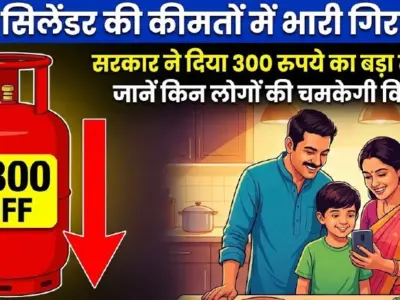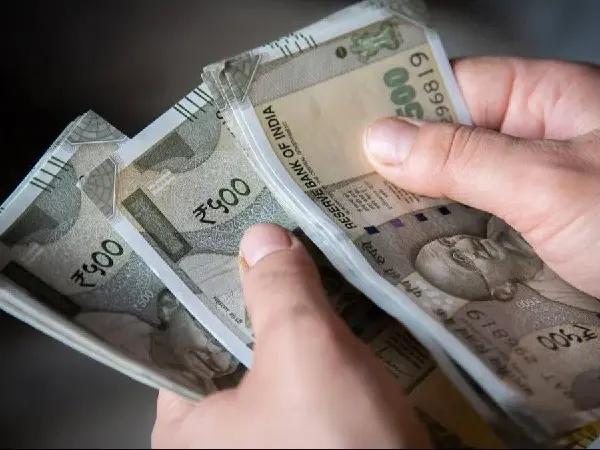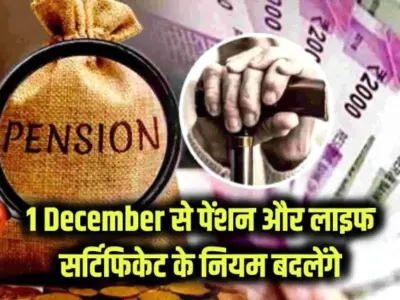For far too long, the sacrifices and contributions of women in managing households have been overlooked. Today, the Supreme Court of India made a pivotal statement addressing this issue. The apex court emphasized that Indian men should acknowledge the significant contributions and sacrifices made by homemakers for their families.
🌟 Supreme Court’s Insight:
The remarks came from a bench comprising Justice BV Nagarathna and Justice Augustine George Masih while delivering a verdict in the case of a divorced Muslim woman.
Key Highlights:
- A divorced Muslim woman can seek maintenance from her husband under Section 125 of the Criminal Procedure Code (CrPC).
- The law for claiming maintenance applies to all married women, regardless of their religion.
⚖️ Emphasizing the Role of Homemakers:
The court underlined the essential role of homemakers and stressed the necessity for husbands to provide financial support to their wives. The bench suggested practical measures like maintaining joint bank accounts and sharing ATM access to ensure financial stability for women in households.
🛡️ Maintenance as a Right, Not Charity:
The Supreme Court declared that a Muslim woman is entitled to maintenance from her husband after divorce under Section 125 of the CrPC. The court clarified that maintenance is not charity but a fundamental right of married women. This right transcends religious boundaries, reinforcing principles of gender equality and economic security for all married women.
💼 Section 125 CrPC Explained:
Section 125 broadly states that a person with sufficient means cannot refuse to support his wife, children, or parents. This landmark decision came in response to a petition by Mohammad Abdul Samad, who was directed by a family court to pay his divorced wife a monthly allowance of ₹20,000. Samad challenged this directive in the Telangana High Court, which reduced the amount to ₹10,000. Subsequently, he approached the Supreme Court.
⚖️ Arguments and Counterarguments:
Samad’s lawyer argued that divorced Muslim women could seek relief under the Muslim Women (Protection of Rights on Divorce) Act, 1986, which they claimed superseded Section 125 CrPC. However, Amicus Curiae Gaurav Agarwal contended that personal laws do not negate a woman’s right to relief under the gender-neutral CrPC.





